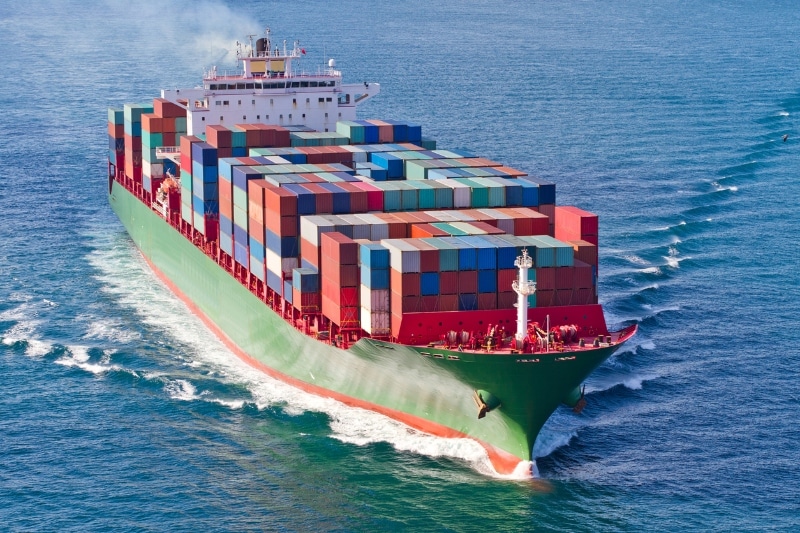On 8 November 2019, the Council of the European Union (EU), comprising ministerial-representatives of the EU’s 28 member states, has adopted the decision to conclude the EU-Singapore Free Trade Agreement (EUSFTA). This is the final stage in the EU’s internal approval process for the EUSFTA. The EU and Singapore will now proceed to complete their respective remaining administrative processes, with a view to enable the EUSFTA to enter into force on 21 November 2019. The EUSFTA is the first FTA concluded between the EU and an ASEAN (Association of Southeast Asian Nations) country.
The EU is already Singapore’s third largest goods trading partner, while Singapore is the EU’s largest goods trading partner in ASEAN. In 2018, Singapore exported goods worth USD 36 billion to the EU and imported USD 48 billion of goods from the EU. The EU is also Singapore’s largest services trading partner, while Singapore is the EU’s largest services trading partner in ASEAN. In 2017, bilateral trade in services exceeded USD 58 billion, comprising USD 29 billion of Singapore exports to the EU and USD 29 billion of Singapore imports from the EU.
Under the EUSFTA, Singapore will remove tariffs on all EU products entering Singapore. The EU will remove tariffs on 84% of all Singapore products entering the EU within the first year, and the remaining 16% over a period of 3 to 5 years. The FTA will also provide for liberal and flexible rules of origin (ROO) for the EU’s and Singapore’s key exports to each other’s markets including automobiles, chemicals, clothing and textiles, electronics, machinery, pharmaceuticals, and petrochemicals.
Unnecessary technical barriers to trade (TBT) for Singapore and EU exporters will be removed. The provisions in the agreement go beyond the requirements of the World Trade Organization’s Technical Barriers to Trade (TBT) Agreement. Provisions include rules on marking and labelling, reducing duplicative conformity testing for a range of electronic goods, promoting the recognition of international standards for motor and vehicle parts, and certifying systems for meat-producing establishments so that inspection of individual abattoir / food processing plants for companies to export their goods will not be required.
Furthermore, the EUSFTA provides enhanced market access for service providers, professionals and investors. The agreement covers a wide range of services sectors including financial services, professional services, computer and related services, research and development, business services, telecommunication services, environmental services, and tourism and travel related services.
The EU, which has the largest government procurement market in the world, will grant Singapore enhanced access to city-level and municipal level government procurement opportunities. In return, Singapore’s commitments will allow EU companies more opportunities to participate in Singapore’s public tenders.
(Sources: Ministry of Trade and Industry, Singapore; Straits Times)
